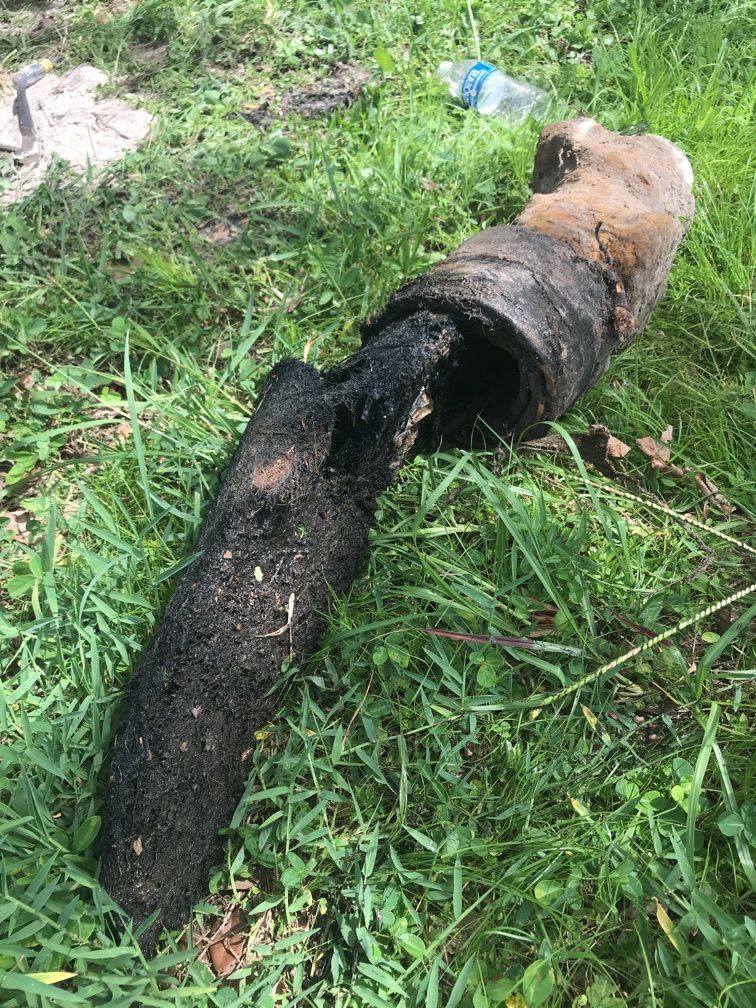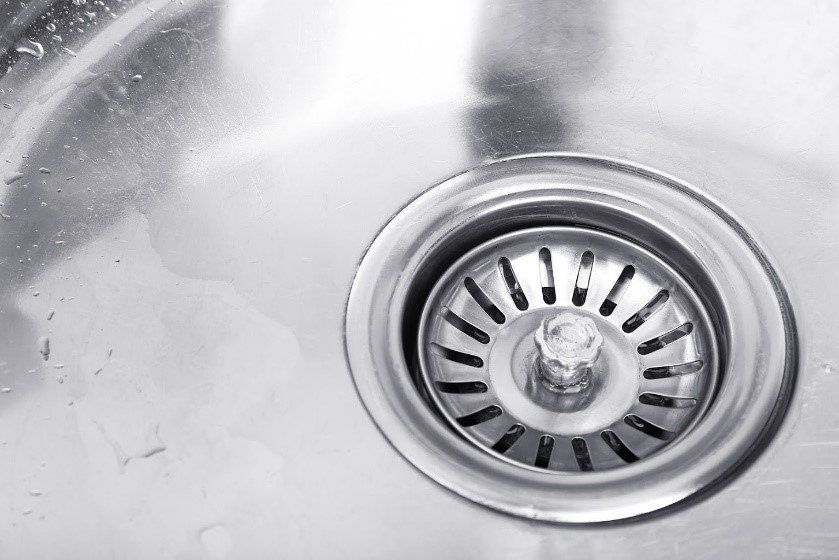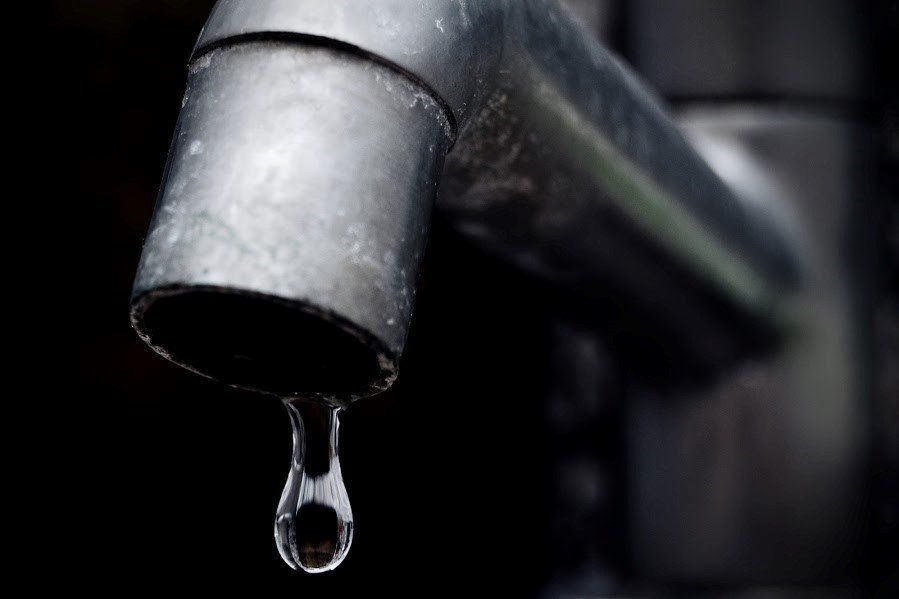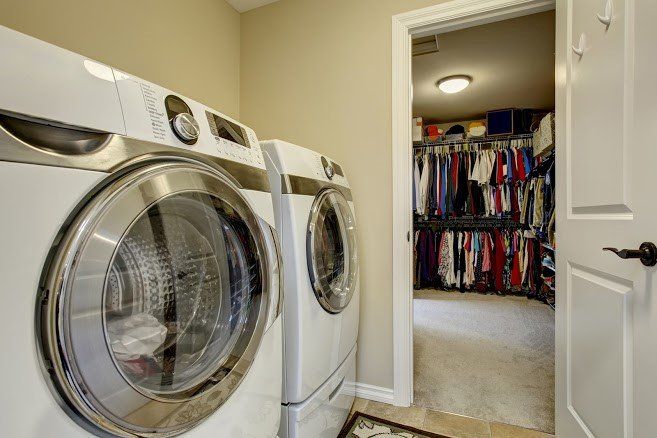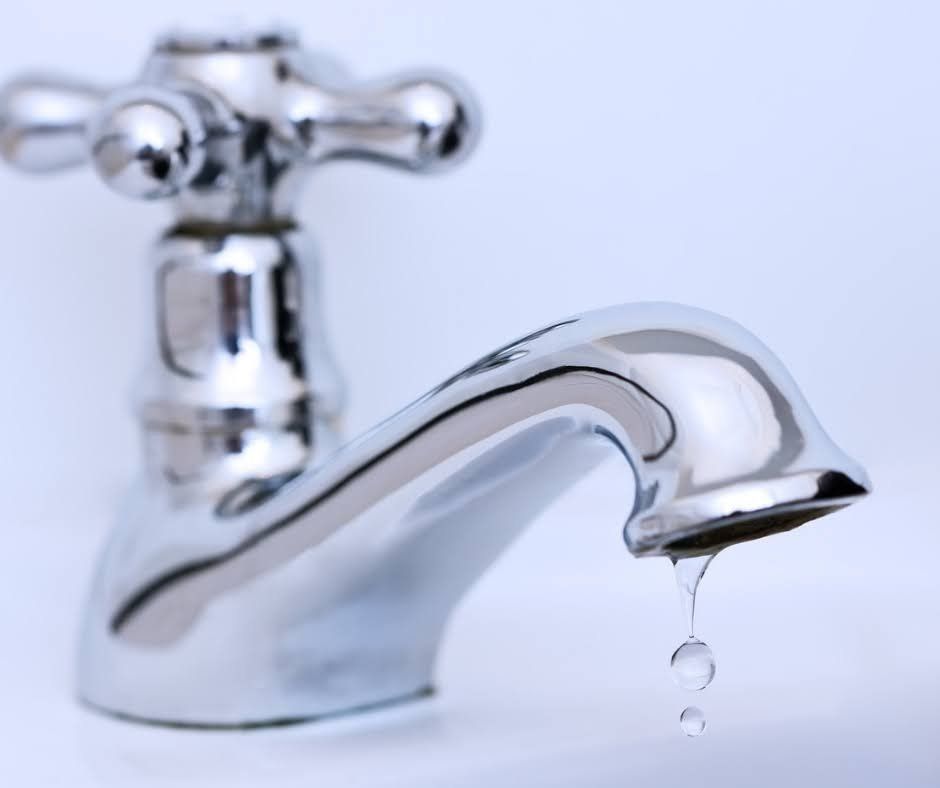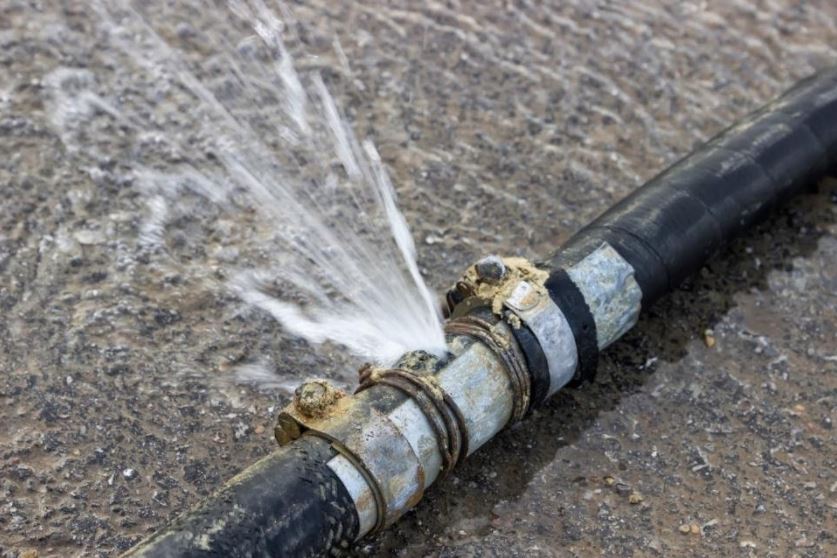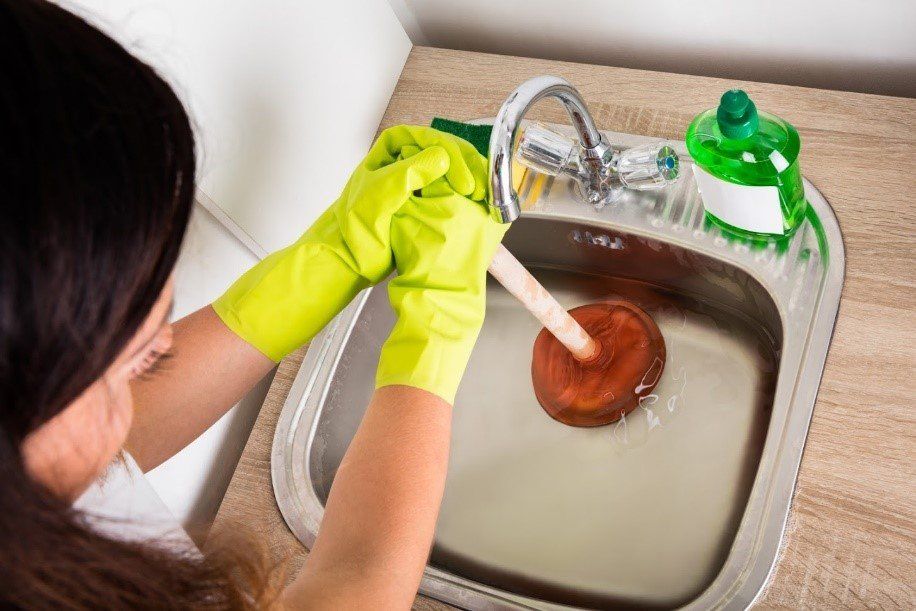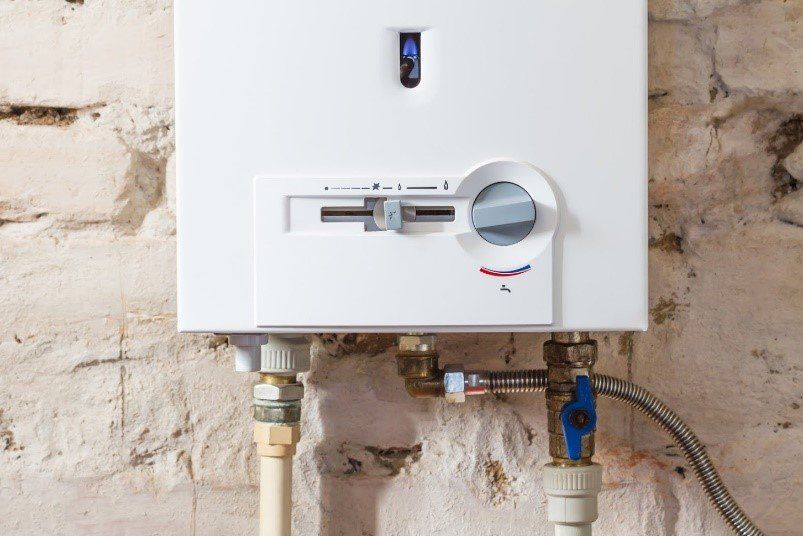Signs Your Gas Lines Need Attention

Gas leaks in your home cause many problems both with your family's health and your appliances. Sometimes gas leaks are not obvious. You might not realize you have a gas leak until it becomes really bad. Here are some early signs that your gas line has problems, causes of gas line problems, and what can be done about them.
What Are the First Signs of a Gas Line Problem?
Most people first notice a gas smell when they have a leak. However, some gas types, like natural gas, have very little odor. Therefore, you cannot rely on smell to give you a warning sign. Here are some other ways you can tell if you have a gas leak:
- Sick plants, pets, and family members: Plants are very sensitive to gas leaks and will often show signs of poor health or wilt before you notice any other signs. Some pets, especially birds, show signs of lethargy, when a gas leak happens. Even humans show signs with lethargy, dizziness, and stomach problems.
- Strange noises: Gas lines are under pressure. When they leak, you will hear a steady hiss. You can track these sounds to a gas line or appliance. If the gas leak is large enough, then you may see things move or flop around the leak point.
- Poorly working appliances: If your water is cold, your stove doesn't ignite, or the dryer doesn't put out hot air, then you likely have a gas leak in or around those appliances or their lines.
- High gas bills: Gas leaks allow gas to escape continuously into the atmosphere. This could cause your gas meter to read an uptick in usage. You will get an unexpectedly large bill. If this is the case with you, then the first thing you should check for is a leak.
- Carbon monoxide levels rise: If you have any gas lines in your home, then you should also have a carbon monoxide detector. Depending on what kind you have, you could receive an alert, or have an abnormal reading.
If you suspect you have a gas leak, even a small one, then be careful with any type of flame or spark. Don't start your car, turn on lights, or even use your phone near the leak or inside your home.
What Causes Gas Line Leaks?
Many different problems can cause a gas line leak. Here are some of their most common causes.
- Old pipes: Pipes break down and erode over time. This results in leaks and breaks that will let gas escape.
- Poor maintenance: If you fail to have your gas appliances and lines checked, then you could risk gas leaks. Heavy use result in prematurely worn parts and fittings, especially if the usage rate stays high.
- Problem appliances: Sometimes, appliances break down on their own either by poor design or overuse. This could affect the gas line and flow.
- Bad installation: Improper appliance installation leads to gas leaks, especially if the gas lines are not checked and modified. Newer appliances may require different types of connections and pipes than older ones.
- Bad or loose fittings: Fittings often go bad on their own either because of age or other damage. Make sure you only have your gas line worked on by a professional. That way, you can ensure that all the connections and fittings are done right and will go a long time without leaks.
Properly installed gas lines don't often cause problems. However, they are not indestructible. The best things you can do to prevent problems is to make sure your lines and appliances are in good repair. Have your appliances and gas lines inspected regularly.
If you see any signs of leaks, or your gas appliances need replacement, then contact Scotto's Plumbing Services. We perform gas line inspections and repair and can also check over your gas appliances.
